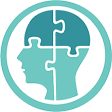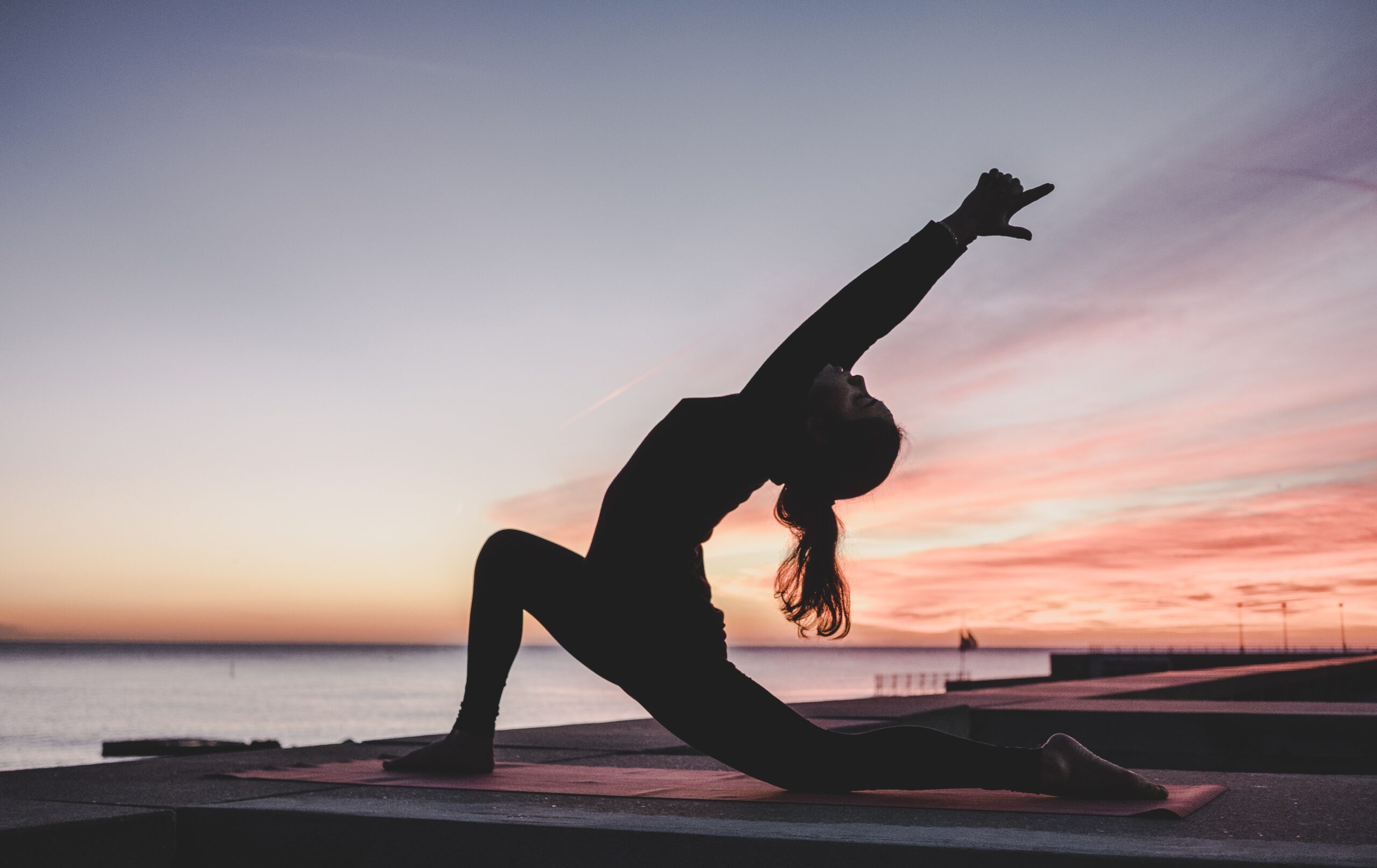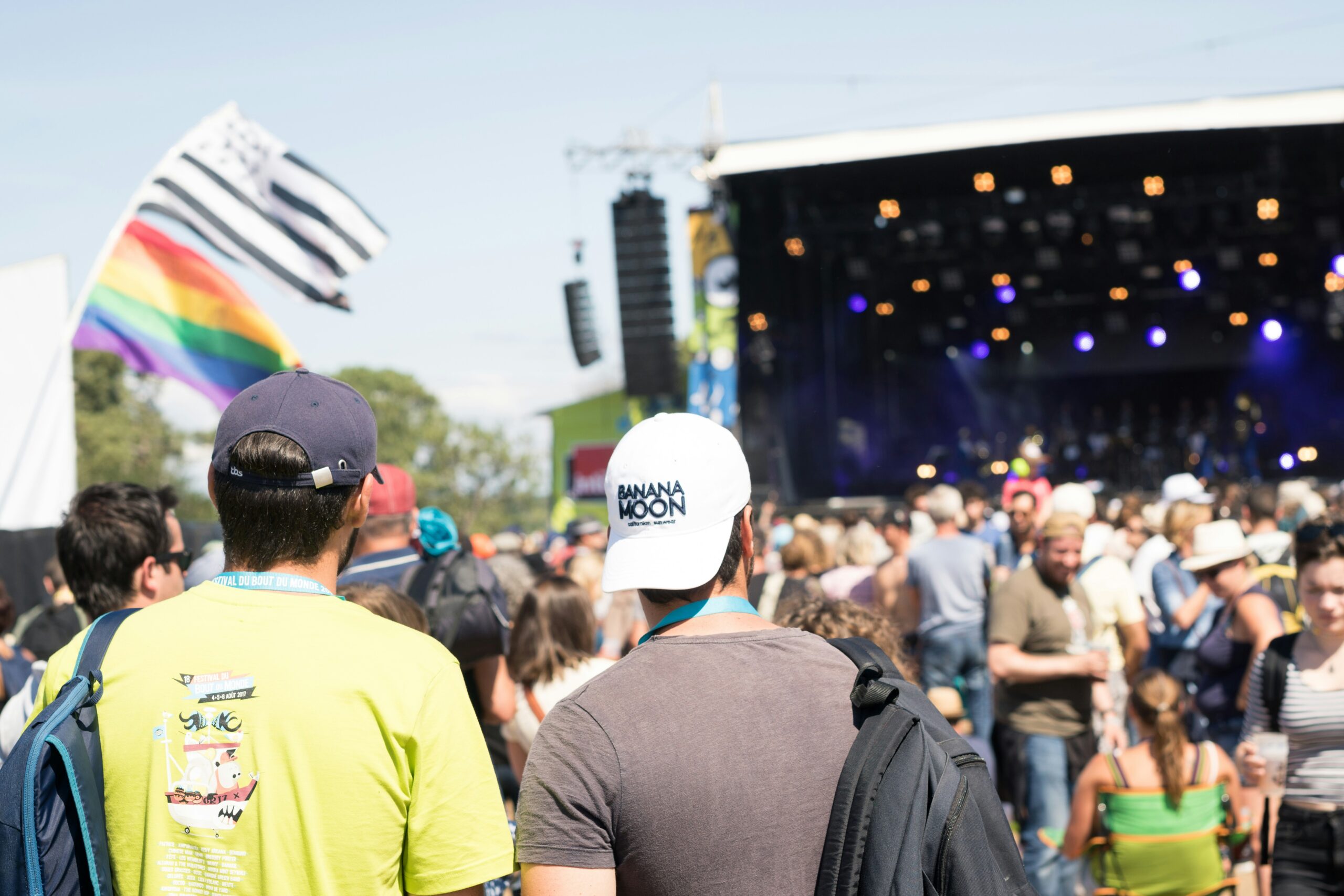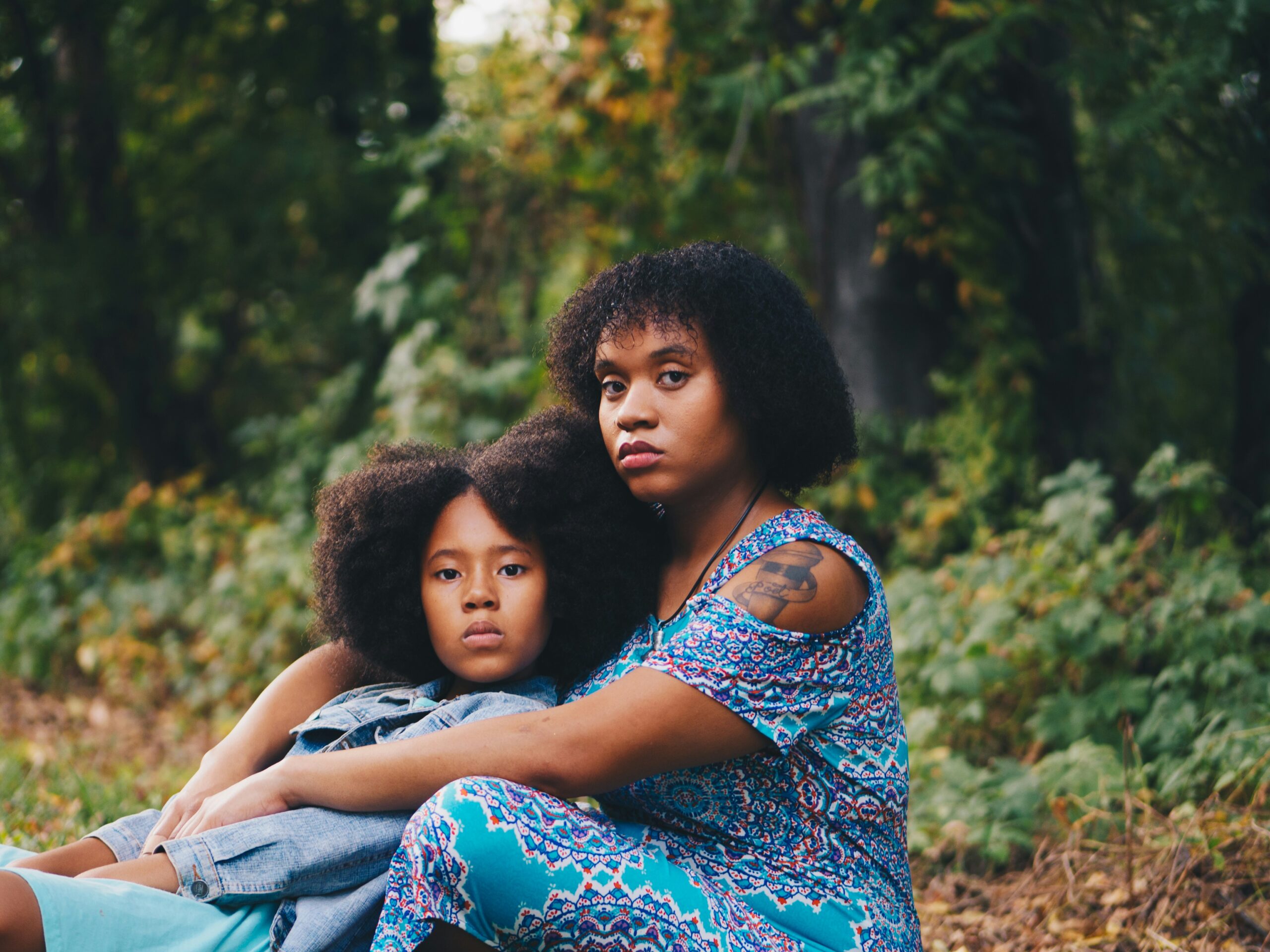In a world that often seems to move at an increasingly fast pace, anxiety has become a prevalent challenge for many individuals. The good news is that there’s a powerful, accessible, and helpful tool available to us: exercise. We’ll explore the profound benefits of exercise on anxiety and how incorporating physical activity into your routine can be a game-changer for your mental well-being.
Understanding Anxiety
Anxiety is more than just a passing feeling of stress or unease. For those who grapple with anxiety disorders, it can be an overwhelming and persistent presence that interferes with daily life. Symptoms can manifest as racing thoughts, physical tension, restlessness, and a heightened sense of worry.
The Exercise-Anxiety Connection
The relationship between exercise and mental health, particularly anxiety, has been extensively studied. Numerous scientific studies have highlighted the positive impact that regular physical activity can have on reducing anxiety levels. Here are some key ways in which exercise acts as a natural antidote to anxiety:
- Release of Endorphins: Exercise triggers the release of endorphins, often referred to as “feel-good” neurotransmitters. These chemicals interact with the receptors in your brain, reducing the perception of pain and triggering a positive feeling in the body.
- Reduction of Stress Hormones: Physical activity helps to reduce the levels of stress hormones, such as cortisol, in the body. Elevated cortisol levels are often associated with heightened anxiety and stress.
- Improvement in Sleep Quality: Anxiety and sleep disturbances often go hand in hand. Regular exercise promotes better sleep quality, allowing the body and mind to recharge, and reducing anxiety levels in the process.
- Distraction and Relaxation: Engaging in physical activity provides a healthy distraction from anxious thoughts. Focusing on the movement of your body, your breath, and the present moment can act as a form of meditation, promoting relaxation.
- Enhanced Cognitive Function: Exercise has been linked to improved cognitive function, including better concentration and memory. This cognitive boost can help individuals better cope with stressors and reduce anxiety.
Choosing the Right Exercise for Anxiety Relief
The beauty of exercise as an anxiety-relief tool is its versatility. Whether you prefer a brisk walk, a yoga session, a dance class, or a weightlifting session, the key is finding an activity that you enjoy. The goal is to make physical activity a sustainable part of your routine. Here are some popular forms of exercise known for their anxiety-relief benefits:
- Aerobic Exercise: Activities like running, cycling, or swimming that elevate your heart rate have been shown to be particularly effective in reducing anxiety.
- Yoga: Combining physical postures with breath control and meditation, yoga is renowned for its ability to promote relaxation and alleviate anxiety.
- Strength Training: Lifting weights not only enhances physical strength but can also have a positive impact on mental well-being by reducing anxiety.
- Dance: Whether it’s a dance class or simply dancing to your favorite music at home, movement to music can be a joyful and effective way to combat anxiety.
Creating a Sustainable Exercise Routine
The key to reaping the benefits of exercise for anxiety relief is consistency. Here are some tips for creating a sustainable exercise routine:
- Start Small: If you’re new to exercise, start with small, manageable goals. This could be a short walk each day or a brief yoga session.
- Find Enjoyable Activities: Choose activities that you genuinely enjoy. If you love being outdoors, consider activities like hiking or biking. If you enjoy socializing, group classes might be a great fit.
- Mix It Up: Variety not only keeps things interesting but also engages different muscle groups and provides a holistic approach to physical well-being.
- Prioritize Regularity Over Intensity: Consistency is more important than intensity. Aim for regular, moderate exercise rather than sporadic, intense sessions.
- Listen to Your Body: Pay attention to how your body responds to different forms of exercise. If an activity brings you joy and relaxation, it’s likely a good fit.
Real-Life Success Stories
Numerous individuals have experienced profound transformations in their mental well-being through regular exercise. Testimonials often highlight:
- Improved Mood: Many report a noticeable uplift in mood and a reduction in feelings of anxiety after incorporating regular exercise into their routine.
- Increased Energy Levels: Contrary to the initial perception that exercise might be draining, individuals often find that it boosts their energy levels and overall vitality.
- Better Stress Management: The coping mechanisms learned during exercise, such as mindfulness and focus, often translate into improved stress management in other areas of life.
- Enhanced Self-Esteem: Achieving fitness goals, no matter how small, can significantly boost self-esteem and confidence.
- Community and Connection: Participating in group activities fosters a sense of community and connection, reducing feelings of isolation that can contribute to anxiety.
In a world where anxiety has become a pervasive challenge, the benefits of exercise offer a glimmer of hope. Whether you’re a seasoned athlete or just taking your first steps into a more active lifestyle, the positive impact of physical activity on anxiety is undeniable. By choosing activities you enjoy, staying consistent, and listening to your body, you can harness the transformative power of exercise to not only alleviate anxiety but also enhance your overall well-being. It’s a journey toward a healthier mind, one step, stretch, or dance move at a time. If you want further assistance in tackling your anxiety, reach out to Austin Bridges to ask about our therapy intensives.







